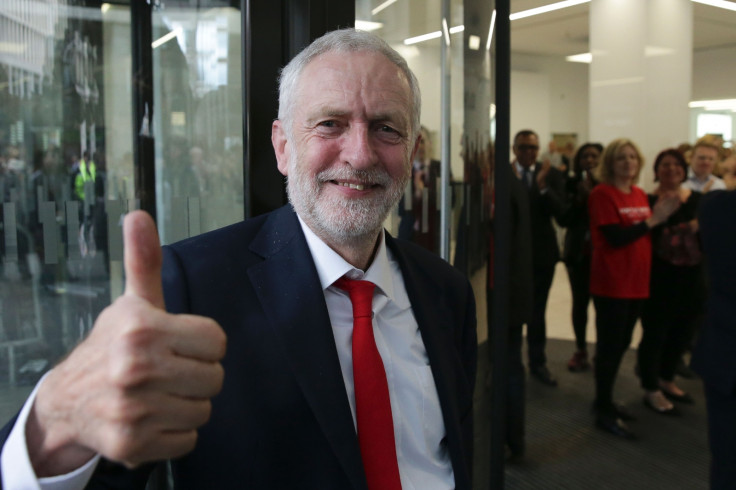I was wrong about Jeremy Corbyn
The left can feel reassured that a radical social democratic programme gained significant ground in Britain.
As with some of the tumultuous events of past year, there appears to have been yet another collective underestimation among pundits as to how badly the status quo is letting many people down. How else to explain the shock election result that very few predicted: a hung parliament and the biggest swing to Labour since the election in 1945 of Clement Attlee.
I too joined the fashionable cry that Britain, a small-c conservative country, would never vote en masse for a left-wing political leader. That after all was the decades-old axiom that produced such bitter disappointment not only in 2015, but throughout my childhood. My generation was in effect socialised to resignedly accept that the country was, a few historical anomalies aside, thunderingly right-wing.
It seems clear, however, that I – and many others blooded in an era of crushing Tory electoral victories – was wrong. But that is far from the most interesting thing to take from today's results. 'Something is going on', was the often-repeated mantra of 2016 as the certainties of liberal centrism were upended; and whatever was happening then appears still to be happening now.
In some ways it isn't all that hard to understand why a growing number of voters are rejecting the status quo. British workers are currently experiencing the longest squeeze on wages since the 1860s. The spectre of mass poverty has again reared its head, epitomised by a blasé acceptance by the political class of a million visits to food banks a year in one of the wealthiest countries in the world. The low pay, deindustrialised economy lacks the dignity of the work it has replaced, while those who 'escape' by climbing up the ladder to university are saddled with debt. As for buying a property, unless you have a lump sum lying around forget about it.
Where many of us also got it wrong was in assuming that this would be an election dominated by national security – or at least by the Conservative Party and Theresa May's interpretation of it. For young voters turning out to the polls for the first time, scare stories around Corbyn's supposed relationship in the 1980s with the Irish Republican Army must have sounded like a relic from a bygone era. As would the idea of defeating Britain's disparate, violent Jihadist enemies by threatening nuclear apocalypse.

With Britain's newspapers still fighting the cold war, Jeremy Corbyn managed to tap into another strand of the weary isolationism which has grown tired of the constant, jingoistic calls for bigger weapons and more war.
It was also noticeable that Corbyn promised to abolish university tuition fees while refusing to reverse a number of social security cuts. Coiled within the left-wing front was a clever (although as I have argued, misdirected) offer aimed squarely at the middle classes - as well as a naked attempt not to antagonise blue collar voters who typically take a harder line on welfare.
But one suspects that Theresa May has thrown away the election by herself as much as anything else. While Corbyn exceeded expectations during the television interviews with Jeremy Paxman, Theresa May looked stilted and robotic. Her most significant policy offering was built on the hubris of expectancy: assuming a large majority, she plumped for an ill-thought out policy which disastrously become known as the 'dementia tax'. When the polls began to narrow, the Tories retreated to the safer territory of national security, only to see Corbyn respond to last weekend's terrorist attacks with gravity and aplomb.
It is of course far too early for the left to be celebrating. This is not, as some wishful thinkers are seeking to claim, a rejection of Brexit. It is Labour – a party which, with its recent pronouncements on immigration, appears to accept that Britain will leave the single market – rather than the pro-Remain Liberal Democrats that have surged at the expense of the Conservatives. It is also entirely possible that, should the Tories oust Theresa May and put a more popular and effective leader in place, Labour will again fall back in the polls.
It also looks increasingly likely that Britain will end up in the next few days with a Conservative government propped up by the Unionist parties.
But for now at least, the left can feel reassured that a radical social democratic programme has managed to gain significant ground in Britain, and the old electoral certainties of the late twentieth century are themselves being upended. Those of us who have had – and still have - our differences with Jeremy Corbyn must recognise that Labour made huge strides forward last night.
James Bloodworth is former editor of Left Foot Forward, one of the UK's top political blogs, and the author of The Myth of Meritocracy. Follow @J_Bloodworth
© Copyright IBTimes 2025. All rights reserved.






















